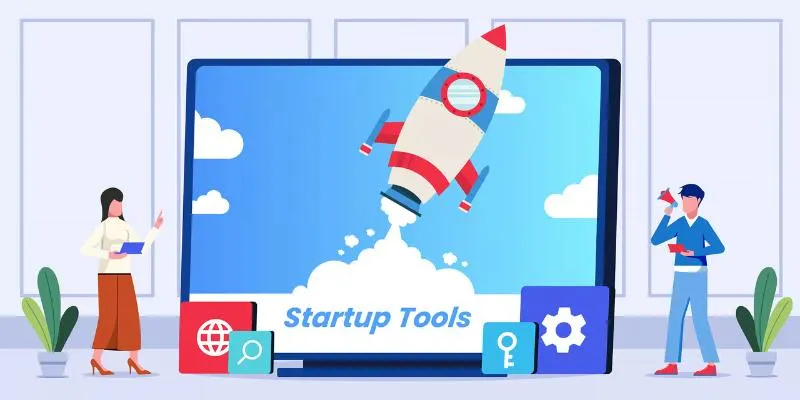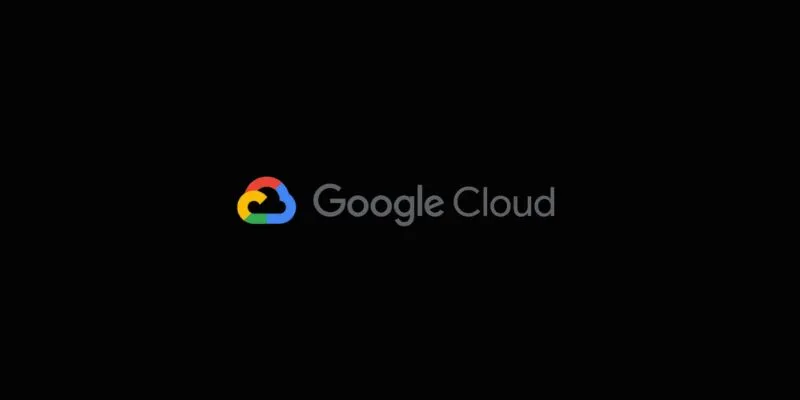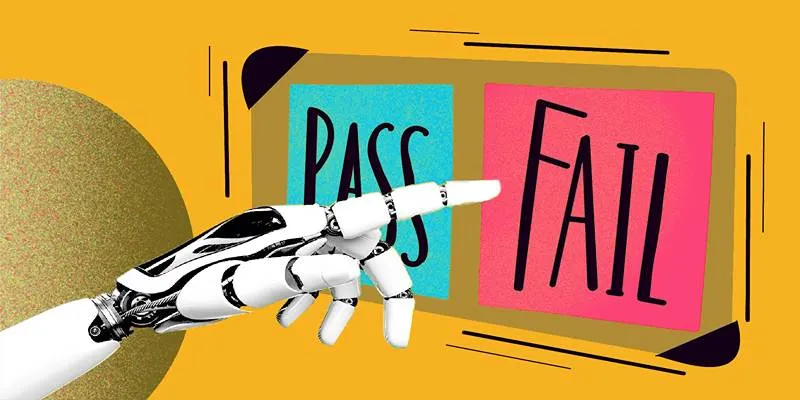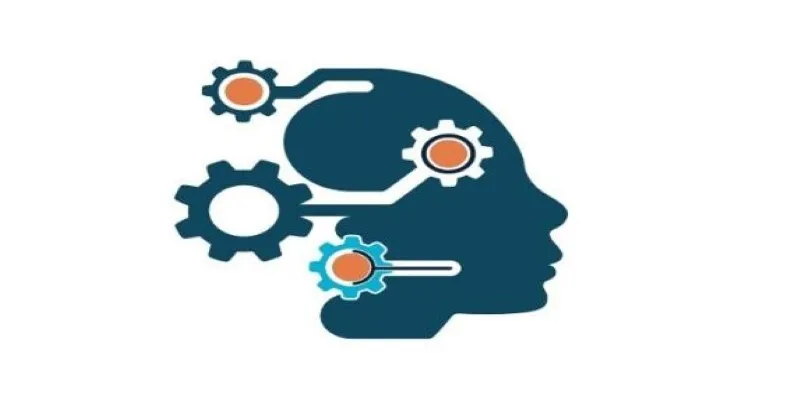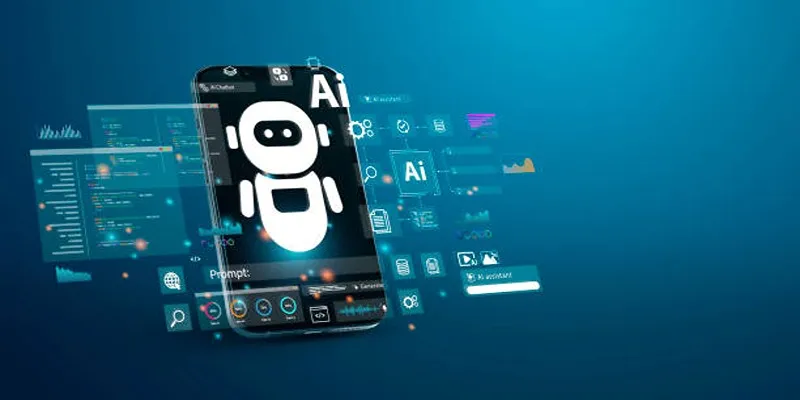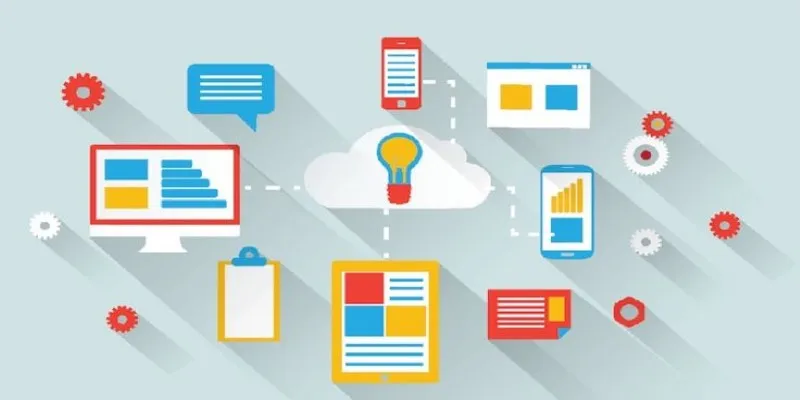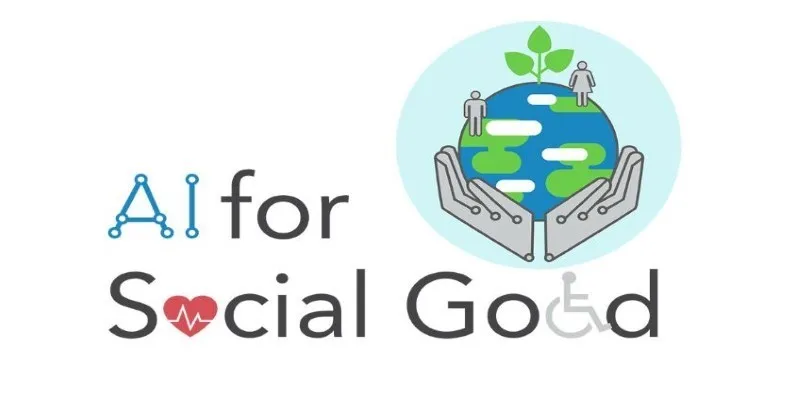The Rise of AI in Health Care
Health care workers are facing burnout as hospitals struggle to keep up with the increasing demands. Patients are waiting longer than ever, while paperwork takes precedence over patient care. Microsoft aims to alleviate this pressure by launching the first AI assistant specifically designed for healthcare professionals.
This AI tool is more than just a chatbot or data platform. It acts as an embedded digital assistant, streamlining routine yet time-consuming tasks like charting, documentation, and note-taking. This allows doctors and nurses to focus more on their patients and less on administrative tasks.
A New Breed of Clinical AI
Microsoft’s innovative AI assistant, developed in collaboration with Nuance, is seamlessly integrated into clinical workflows. Unlike generic assistants, it is adept at understanding medical terminology, patient interactions, and hospital systems. It eliminates the need for doctors to manually input data, instead listening to conversations and generating real-time, secure clinical notes.
This advanced tool goes beyond simple voice-to-text by providing contextual understanding. For example, if a doctor prescribes, “We’ll add 10 milligrams of blood pressure medication,” the AI logs this as a medication change in the patient’s record. It also tracks follow-up actions and test orders, ensuring compliance with data security regulations.
The Role of Nuance and Azure
The AI assistant’s backbone is a blend of Microsoft’s Azure cloud and Nuance’s clinical speech recognition tools. While Nuance’s “Dragon Medical One” was already a trusted name in the industry, the addition of generative AI enhances its capability by understanding meaning, not just transcribing sound.
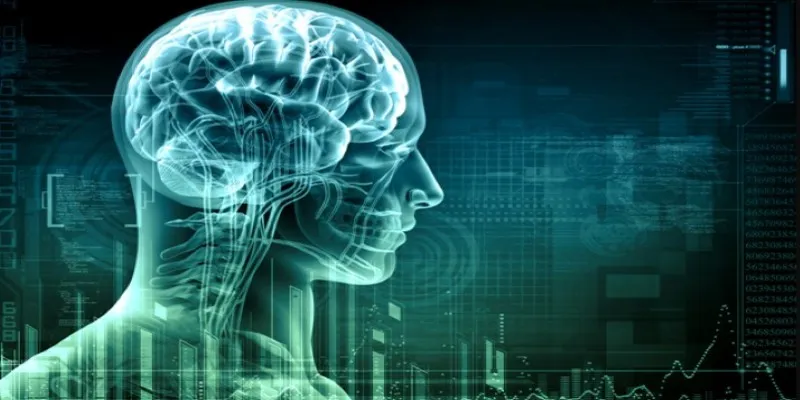
The AI is trained on de-identified medical records and clinical documentation patterns, adhering to HIPAA compliance. Microsoft promises that data remains under the user’s control, addressing privacy concerns. Azure OpenAI models enable the AI to summarize and generate notes, learning patterns over time to minimize errors.
Early Results from Pilot Hospitals
Initial tests in U.S. hospitals such as Mercy and Stanford Health have shown promising results. Clinicians using the AI assistant have reported a 30% reduction in time spent on documentation, reclaiming valuable hours each day.
Doctors often complete their notes before the patient leaves the room, while nurses appreciate the standardized documentation. Importantly, documentation-related medical errors have decreased.
However, some critics express concern over reliance on AI-generated summaries and potential transcription errors. Microsoft is addressing these issues by updating models based on user feedback and implementing a human-in-the-loop verification system for safety.
Changing the Day-to-Day of Medical Practice
This AI assistant is not just about improving efficiency, but about transforming the rhythm of medical work. Health care workers currently spend nearly half their day on electronic health records. Microsoft’s solution aims to significantly reduce this burden, potentially lowering burnout rates and improving job satisfaction.
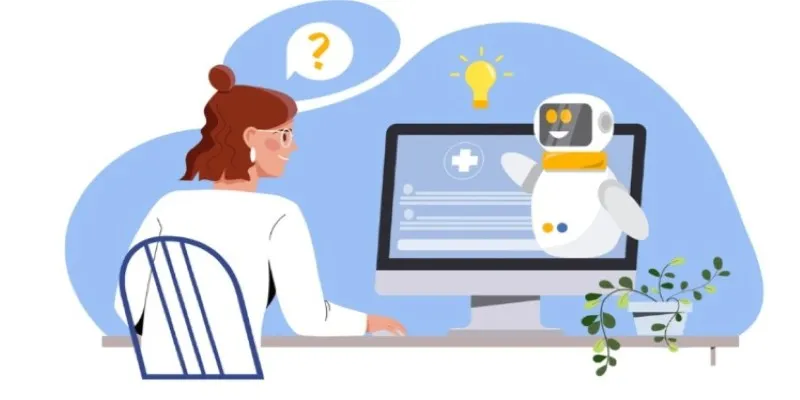
The assistant’s integration with popular medical record systems like Epic and Cerner via secure APIs is crucial for adoption, as it allows clinicians to use it without changing their current interfaces.
Additionally, the AI assistant offers accessibility benefits for clinicians with mobility limitations, providing a voice-first, keyboard-optional solution.
Conclusion
Microsoft’s AI assistant for healthcare workers marks a significant shift in clinical environments. Unlike flashy chatbots, this tool is practical and immediately useful without requiring costly retraining. If widely adopted, it could transform clinical documentation management, easing administrative burdens and enhancing patient care. This innovation signals that AI is becoming an integral part of healthcare, offering a practical glimpse into the future of medical practice.
For more information on the integration of AI in healthcare, readers can explore additional resources on Microsoft’s official Azure for Health page.
 zfn9
zfn9
